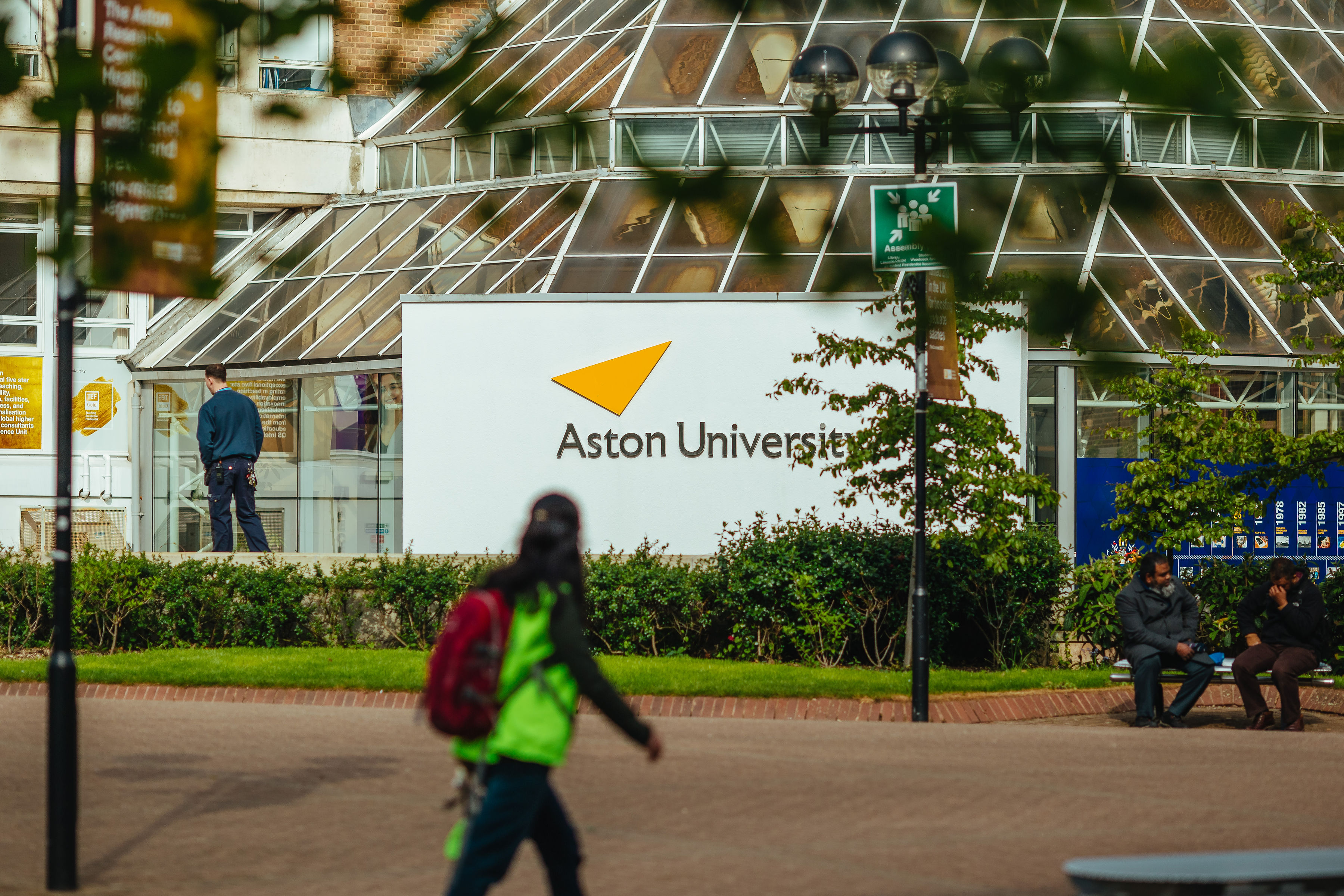Caviar & Chips creates bespoke menus for wedding receptions and corporate events and has recently relaunched one of the UK’s oldest pubs as part of its business.
Although the pandemic has temporarily halted the company’s operations, co-founder Marc Hornby said they are still working with clients, venues and suppliers to organise delays to bookings and making sure all customers are looked after.
Speaking in the latest ‘Aston means business: SMEs dealing with COVID-19’ podcast, Mr Hornby said Caviar & Chips was a “purpose and values-led” business with a vision of “creating moments and memories”
This meant it had put contractual issues such as terms and conditions to one side to ensure clients could still enjoy future dates.
He said:
“We’ve been putting in alternative dates for all our clients so that they can move, trying to be as supportive and understanding as possible, and working closely with venues and suppliers.
“We’ve got a great product and a great service, and if we look after our clients they’ll look after us in the long term.”
Mr Hornby added that the business was applying the same collaborative approach to its own furloughed staff, currently paying them 100% and supporting them so they “come back seamlessly” after the lockdown.
The idea for Caviar & Chips was created by Mr Hornby and co-founder Jonathan Carter-Morris when the pair were studying for MBAs at Aston Business School. They launched the company three years ago and use kitchens based in Sutton Coldfield.
They expanded by buying the 450-year-old Virgins & Castle pub in Kenilworth, and the business now has an annual turnover of around £1 million. The pub was relaunched on Friday 13 March, only to temporarily close the week after because of COVID-19. But they have continued to engage with staff and customers, holding virtual quiz evenings every week as part of their communications.
The podcast also talked to Dr Julius Stephan, a marketing lecturer at Aston Business School, and an expert in how consumers' behaviour changes during crises.
Dr Stephan said:
“What we know from research on how consumers cope with crisis situations is that they tend to create moments of hope and happiness, imagining or day-dreaming of a future that’s better and more cheerful.”
Talking of how businesses respond to this, he explained:
“Looking after your clients means a lot of work. You have to engage with your customers, for example on social media, so you don’t portray an image of being entirely paralysed.
“You have to keep customers up to date, letting them know how other stakeholders in the business are supported by you throughout the crisis. This collaborative aspect is quite important.”
Episode 13 of ‘Aston means business: SMEs dealing with COVID-19’ can be listened to here
